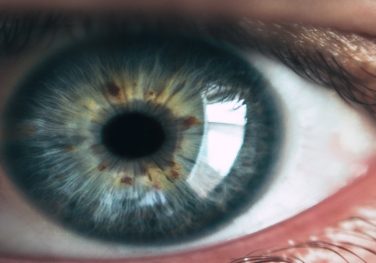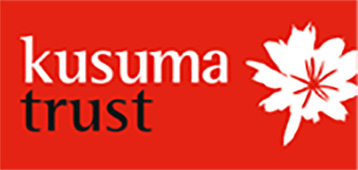Royal National Orthopaedic Hospital Charity
Essential equipment for excellent care
Ultrasound machines are vital for the diagnosis, evaluation and treatment of most neuro-musculoskeletal. The Royal National Orthopaedic Hospital (RNOH) is the top UK orthopaedic hospital and the largest bone cancer unit in Europe. They are improving their imaging service with a GE and a GE P9 ultrasound machine.
We are delighted to support RNOH with a grant of £25,359 towards these new ultrasound machines. The machines will allow the RNOH to carry out more detailed musculoskeletal assessments including of spinal injuries and cancer.
- Every four hours someone is paralysed by a spinal cord injury in the UK.
- New ultrasound equipment in the LSCIC will increase the number of patient assessments by 75%.
- Up to 17 clinical and rehabilitation staff will be trained to use the machines in the first year plus trainee doctors.
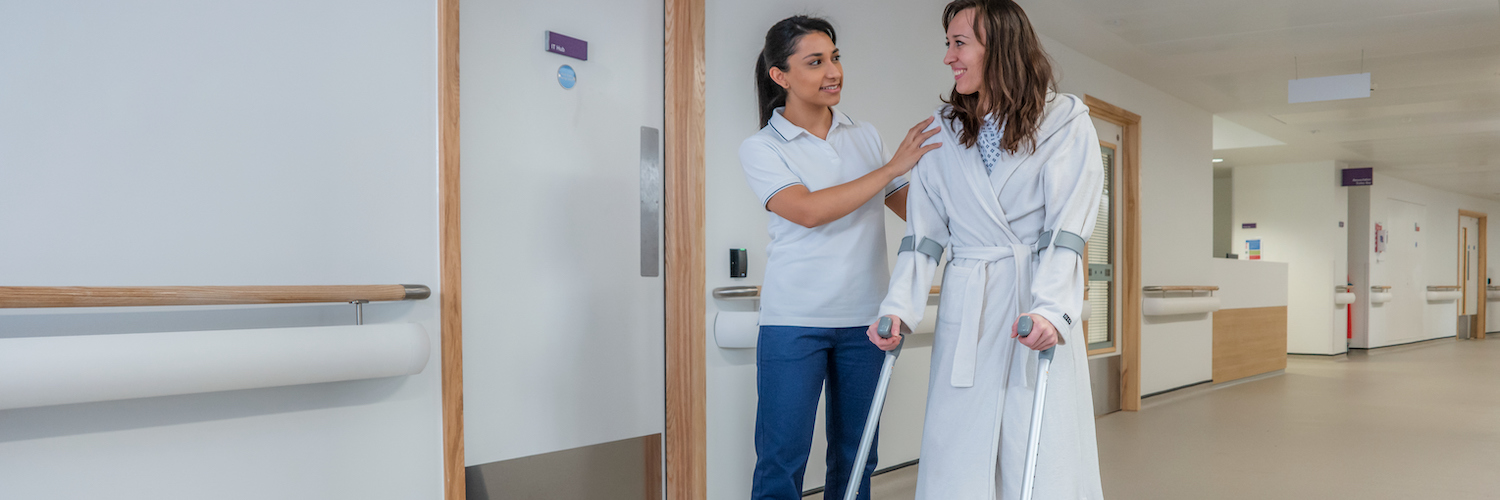
Improving treatment and training
The GE P9 will be based permanently at the London Spinal Cord Injury Centre (LSCIC), one of only 11 centres in the UK designated to treat patients with spinal cord injuries. It will allow clinicians to assess patients more easily and provide appropriate treatment more quickly – the P9 will be used in 325 separate patient assessments each year. Patients with spinal cord injuries need regular, ultrasound-guided, precision injections to manage pain and spasticity (uncontrolled tightening of muscles). Having the ultrasound machine at the centre will mean quicker treatment on the ward for patients. Patients with spinal cord injuries often experience incontinence; the machines will allow the centre to improve their pelvic floor service and help more patients.
RNOH is one of five designated centres in the country which specialises in the care and treatment of patients who suffer from bone and soft tissue cancers. The new GE machine will allow the hospital to carry out more interventional and diagnostic ultrasounds, create a ring-fenced area for children and provide faster diagnosis for cancer patients. The machines will enable the RNOH to train more staff – including consultants, trainees and the rest of the multidisciplinary team – in the latest ultrasound procedures more easily.
“The dedicated Sonosite X-Porte machine will transform patient experience and access to interventions that will improve symptoms, quality of life, and participation in rehabilitation. It will allow us to develop world-leading new services, such as the pelvic function ultrasound clinic and to lead in the teaching of ultrasound to rehabilitation medicine trainees in London.”
More Success Stories
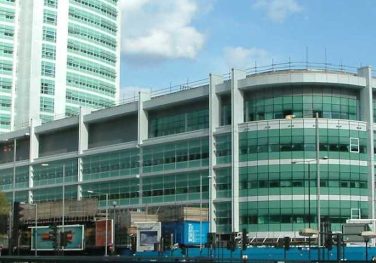
University College London Hospitals Charity (UCLH)
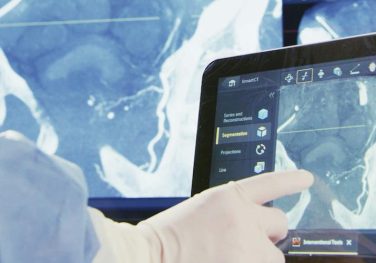
Raise: West Hertfordshire Teaching Hospitals NHS Trust Charity
